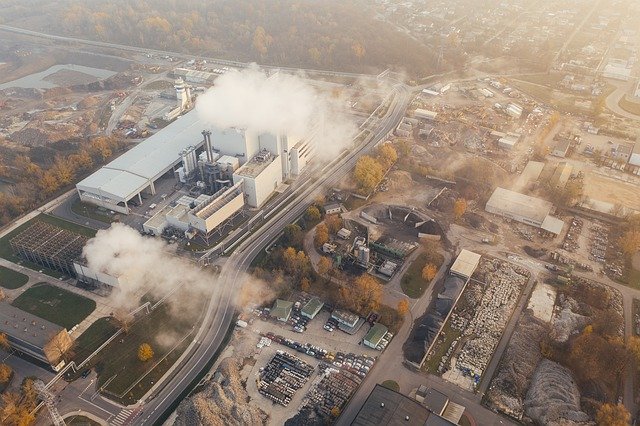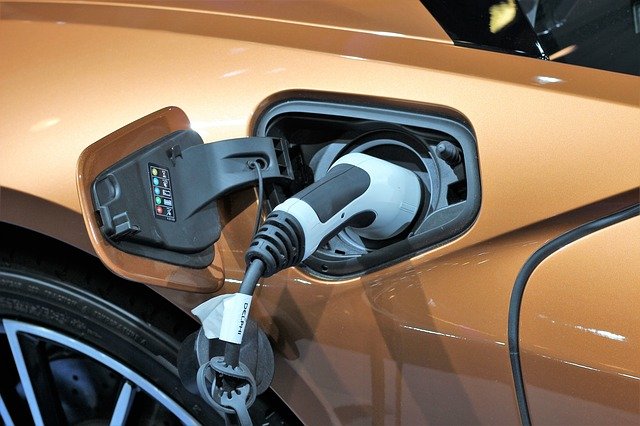
The Problem
Outdoor air pollution has major health consequences , especially from breathing contaminants and small particulate matter (often referred to as PM2.5) that migrate deep into the lungs.
The World Health Organization (WHO) has linked around 4.2 million premature deaths per annum with air pollution-related health problems. Outdoor air pollution is associated with more deaths than unprotected sex leading to HIV / AIDs, contaminated water or malaria, according to the Global Burden of Disease ( GBD). Annual air pollution-related diseases also have a slightly higher death rate than COVID-19 up to now. Low income groups are also disproportionately affected, as they are far more likely to live in high air pollution areas, leading to poor health and limited access to quality health care.
Addressing air quality would not only save lives but will also add urgency to the climate change agenda. Sometimes the causes of climate change are the same as air pollution: transport, energy and industrial emissions. By capitalizing on the increasing public and political understanding of air pollution’s health impacts, we can both promote climate change and enhance public health.
International Blue Sky Day for Clean Air
Over the past few months, some studies have shown some promising short-term effects on air quality following stringent lockdown steps when comparing the same period year-over-year in major cities, such as a 25 % reduction in PM in New York City, 32% in São Paulo, 60% in Delhi and 54% in Seoul. However, with economies restarting and lockout steps relaxed, air pollution is steadily rebounding to pre-COVID-19 levels.
The International Day for Clean Air for Blue Skies has arrived at an important moment, taking place as an annual event for at least the next ten years, for the first time on 7 September 2020, to raise awareness , encourage solutions and build support for global action to tackle air pollution. In order to encourage cleaner air after the pandemic, we must take the lessons learned from the shutdowns and ensure that investment in economic growth encourages reduced pollution in parallel.
How the private sector can help
Business and industry play a vital role in mitigating air pollution, since many of their operations cause emissions. Making them important for pollution control, innovation building and demonstrating to policymakers that addressing air pollution and economic growth are not mutually exclusive.
- Creating a room where the scientific community, policy-makers, government officials and the private sector can strategize to reduce air pollution is important.
- Add air quality to and report on their Corporate Social Responsibility activities
- The quantification of air pollution down the supply chain and/or production processes
- Establish programs to minimize air emissions from its own activities and from its suppliers
- Promote awareness campaigns to communicate transparently the pollution levels generated by their activities and clarify what they would do to reduce such pollution
Examples of already under way activity in the private sector
IKEA, part of the INGKA Party, created the Better Air Now Initiative with the intention of developing a model for reducing air pollution by turning rice straws which would otherwise have been burned into a commodity range in the northern states of India. The burning of crop residues is one of India’s major causes of pollution, although laws forbid the practice.
For instance, they have been founding partners of the Medical Society Alliance on Climate & Health, a coalition of top medical organizations with over 500k clinicians to help educate Americans about the health effects of climate change and the steps they can take. They have joined the Renewable Electricity 100 of the Environment Group (RE100 undertakings pledge to supply all their electricity from renewable sources) and are supporting the C40 Cities Climate Leadership Group in driving impact in cities.
The causes of climate change and air pollution are closely related, and at the same time, steps can be taken to counter them. They were the first global technology company to commit to three RE100, Energy Productivity 100 (EP100 enterprises commit to doubling their energy productivity by 2030) and Electric Vehicles 100 initiatives by the Environment Community (EV100 enterprises commit to accelerating the transition to EVs and make electric transport new normal by 2030). The essence of their company places them at the forefront of some of the most critical environmental concerns, including climate change and pollution. In 2020, they achieved their goal of providing only 100 % renewable electricity through their global production, with the goal of having zero carbon dioxide from their activities and transportation by 2030.
Siemens Mobility has introduced a new system which monitors the air quality in real time. Local authorities may use this device as a way to interfere when improving the air quality is required. This tool is the result of a collaboration between Siemens and EarthSense’s air quality experts, and is named ‘Zephyr,’ an extremely suitable name because Zephyr was the name of the Greek God of West Wind.
In 2019 the Philips Foundation launched the first of its kind ‘Clean Air for Schools Initiative,’ in partnership with the University of Manchester and Global Action Plan. It aims to assist schools in improving air quality as well as recognizing the effects of air pollution in schools by researching the changing air quality levels in classrooms and how this affects school children. The University of Manchester will provide air monitoring equipment and research in this collaboration to investigate the state of air quality in the schools.
The scale, sophistication and urgency of the challenge of air pollution warrant much more systemic thought and concerted effort.
The Clean Air Alliance of the World Economic Forum, working closely with the United Nations Environment Programme, the Climate and Clean Air Coalition, the Stockholm Environment Institute (University of York) and other partners, will continue to support the International Day of Clean Air for Blue Skies in the years to come by regularly bringing together stakeholders from different sectors and organizations

Carl Riedel is an experienced writer focused on using Open Source Intelligence (OSINT) to produce insightful articles. Passionate about free speech, he leverages OSINT to delve into public data, crafting stories that illuminate underreported issues, enriching public discourse with perspectives often overlooked by mainstream media.





